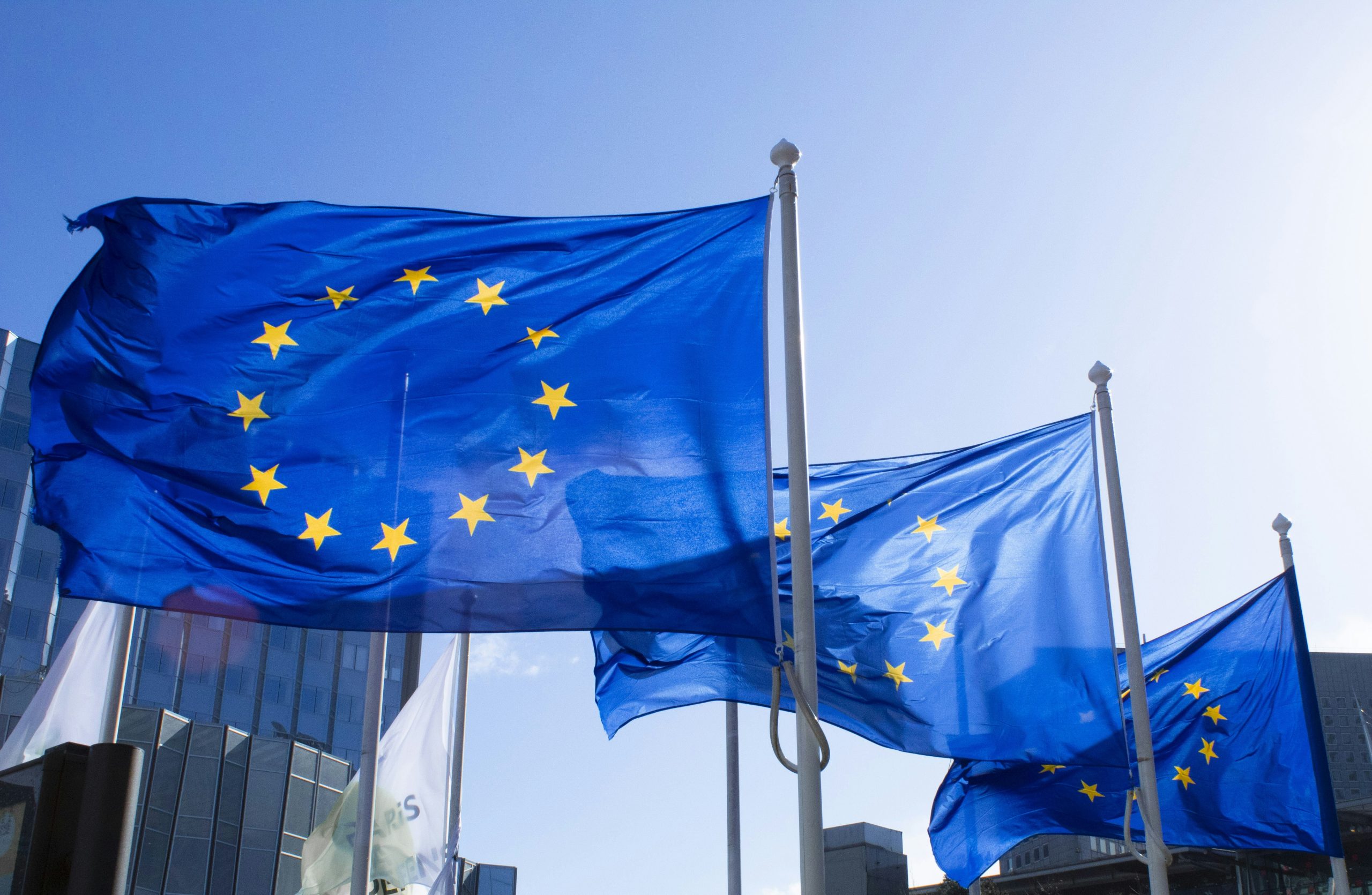On Tuesday, November 4, the member states of the European Union (EU) signed the Copenhagen Declaration on the need for culture and media as guarantors of European democracies. The document includes a commitment that citizens should “live in societies with a free, resilient, and independent press.”
According to the declaration, the signatory states undertake to support cultural diversity and artistic freedom and to promote pluralism and freedom of the media, both at national and European level. They also recognize the need to guarantee citizens’ access to reliable news and to equip them with the digital skills and critical thinking necessary to navigate the digital information landscape.
In this context, with regard to public information, the declaration highlights a series of guiding principles, agreed upon by the member states, which aim to strengthen democracy and protect citizens in the digital space. Thus, it emphasizes the need for citizens to have access to reliable information and an information environment free from any form of foreign interference. At the same time, it affirms their fundamental right to live in a society where the media is free, resilient, and independent, thus guaranteeing accurate and balanced information. The document also emphasizes the importance of active citizen participation in public debates and democratic conversations as an essential element of civic life.
A separate section is dedicated to the protection of children, who must be exposed to and have access to free and diverse European content, contributing to the formation of a democratic and pluralistic culture from the earliest years of education. In addition, the declaration draws attention to the need to protect citizens against digital replicas of their personal characteristics made without consent, in order to defend individual integrity and the right to privacy in the digital environment.
“A free, independent, and diverse media remains the best source of reliable, accurate, and verified information that can prevent the erosion of trust in our democracies, in the media itself, and, most importantly, in each other. Such a press is essential for maintaining a thriving civic space and protecting democracy and fundamental rights, including the right to information. In this sense, it strengthens and secures sustainable public spaces for democratic debate, serving as a barrier against foreign information manipulation, interference, and disinformation. In this context, media and information literacy is an essential component of democratic resilience,” according to the authors.
In the field of culture, the member states of the European Union argue that citizens should live in societies characterized by a free and independent cultural life, where culture and cultural heritage are protected for the benefit of today’s society and future generations. The signatory countries are committed to promoting and ensuring the protection of the integrity of cultural expression and respect for the personal characteristics of citizens as an essential part of the proper functioning of European democracies.
